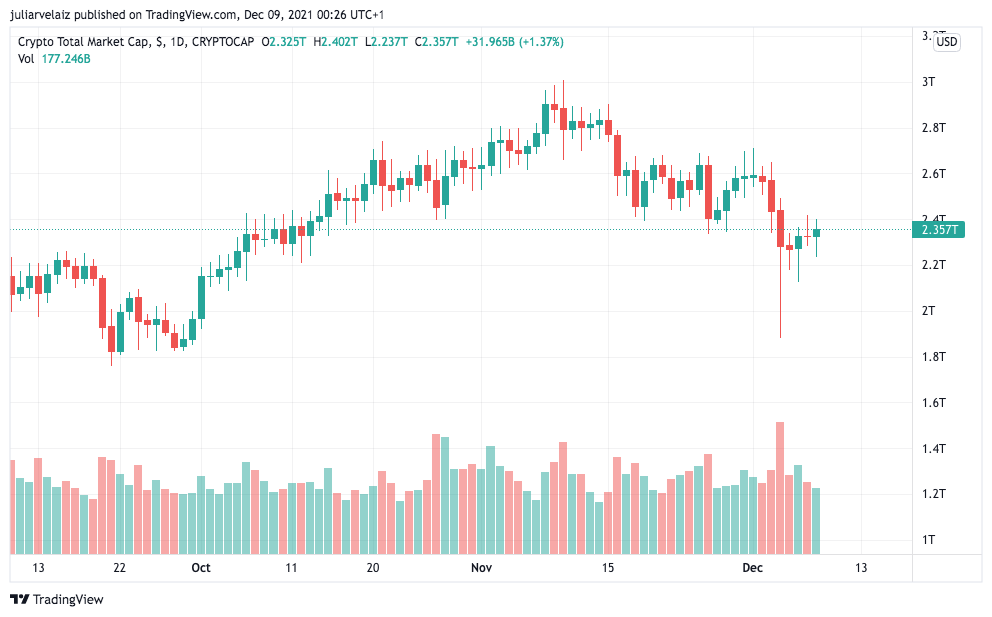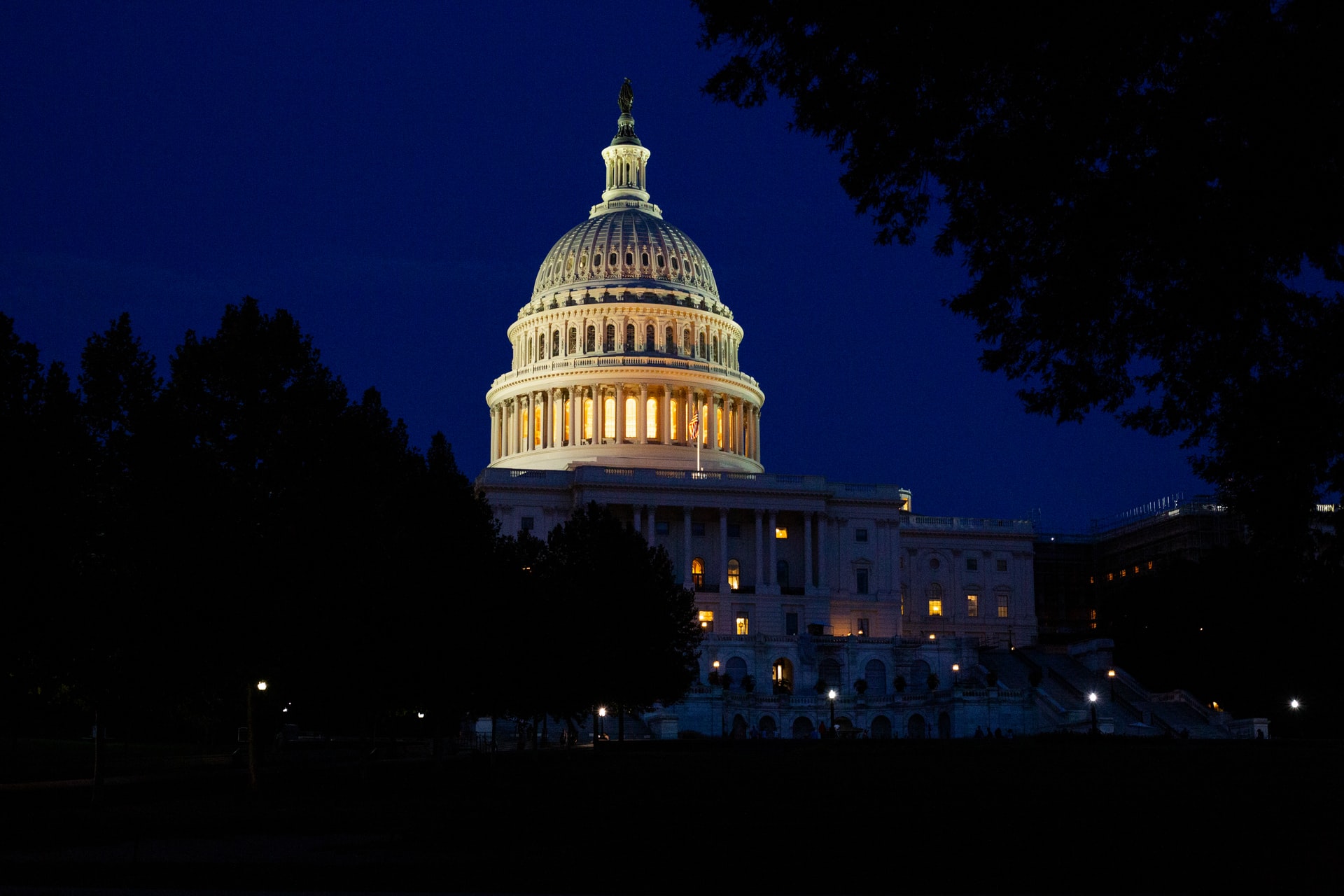
U.S. lawmakers discussed with crypto CEOs during a session titled “Digital Assets and the Future of Finance: Understanding the Challenges and Benefits of Financial Innovation in the United States”. Heated arguments were expected to rise as the crypto industry didn’t have the greatest weekend with a 20% drop across the sector, however, the hearing gladly surprised many with less hostility than usual.
The hybrid hearing was previously announced by Congresswoman Maxine Waters (D-CA), who has been a vocal critic of crypto. An assistant of the House Financial Services Committee had described the session as a “fact-finding mission”.
Related Reading | The SEC Will Not Ban Crypto, That Would Be Up To Congress, Says Gary Gensler
Regulations Need To Be Thoughtful
There was a general focus on concerns about a possible legal framework for the crypto industry in the U.S. and what regulations should or could look like. Some of the CEOs made clear points on how the lack of clarity can be harmful to many, but over-regulations would also not be well welcomed.
North Carolina Rep Patrick McHenry started the hearing with the right foot as he pondered on a way to ensure further growth of the crypto industry that happens inside the U.S. instead of overseas. He was against the well-known demonization of the entire industry based on a few bad actors and called for the need to understand it better.

McHenry said the “fear of the unknown in the move to regulate before understanding will only stifle American ingenuity and put us at a competitive disadvantage” and called for “reasonable rules of the road”.
Bitfury’s Brian Brooks delivered a smart input as he stressed the fact that Germany, the UAE, and other countries have transparent regulations for digital assets and called for lawmakers to not let the U.S. fall behind: “We are the last country standing that hasn’t figured it out. ” He also mentioned Fidelity’s Bitcoin spot-linked exchange-traded fund (ETF) in Canada in contrast with the lack of the SEC’s approval of one.
House representative from Missouri, Blaine Luetkemeyer, addressed Brooks bringing up that tech firm giants –like Meta and Twitter– “control people on their platforms” and asked if the same kind of influence could negatively weigh on the rollout of a digital dollar. Brooks claimed that “The point of crypto is to have true decentralization,” and companies that go in opposite ways will eventually lose value and be forgotten.
Brooks, former U.S. Acting Comptroller of the Currency, firmly believes that web3 is a better scenario than an internet “largely controlled by five big companies” and called for policies to “take into account not only any new risks introduced into the system but also the risks in the present system that are being solved by decentralization.”
Paxos CEO stressed benefits the blockchain can offer and said: “We need clear standards and the government’s support to create a new, more secure, more competitive financial system…The benefits of getting this right are enormous — but so are the consequences of getting it wrong.”
What Changed?

Although general concerns were expressed, there was also support for crypto’s technological potential. Rep. Pete Sessions (R-Texas) said: “I’m in favor of what you do. I’m not sure I want to go as far as you do on [the] robustness of how much oversight you really want.”
U.S. Congressman Brad Sherman showed the most unamicable side when aggressively pointing out Coinbase CEO Brian Armstrong wasn’t at the hearing. He also claimed crypto is a threat to itself as he thinks Bitcoin could be taken down by Ether, which he thinks doesn’t happen to fiat currencies.
Some Democrats showed skepticism when bringing up Bitcoin mining alleged environmental issues and asking for data about diversity in their corporate ranks and user base –which CEOs agreed to provide. Others focused on potential risks to the financial system, effects on the dollar, illegal activities.
However, Democrats are also internally divided on their views. Republicans don’t share the same concerns and called for an attentive way to overview possible new laws as they do not want to rush.
Related Reading | Why Ted Cruz Wants U.S. Congress Merchants To Accept Bitcoin



















